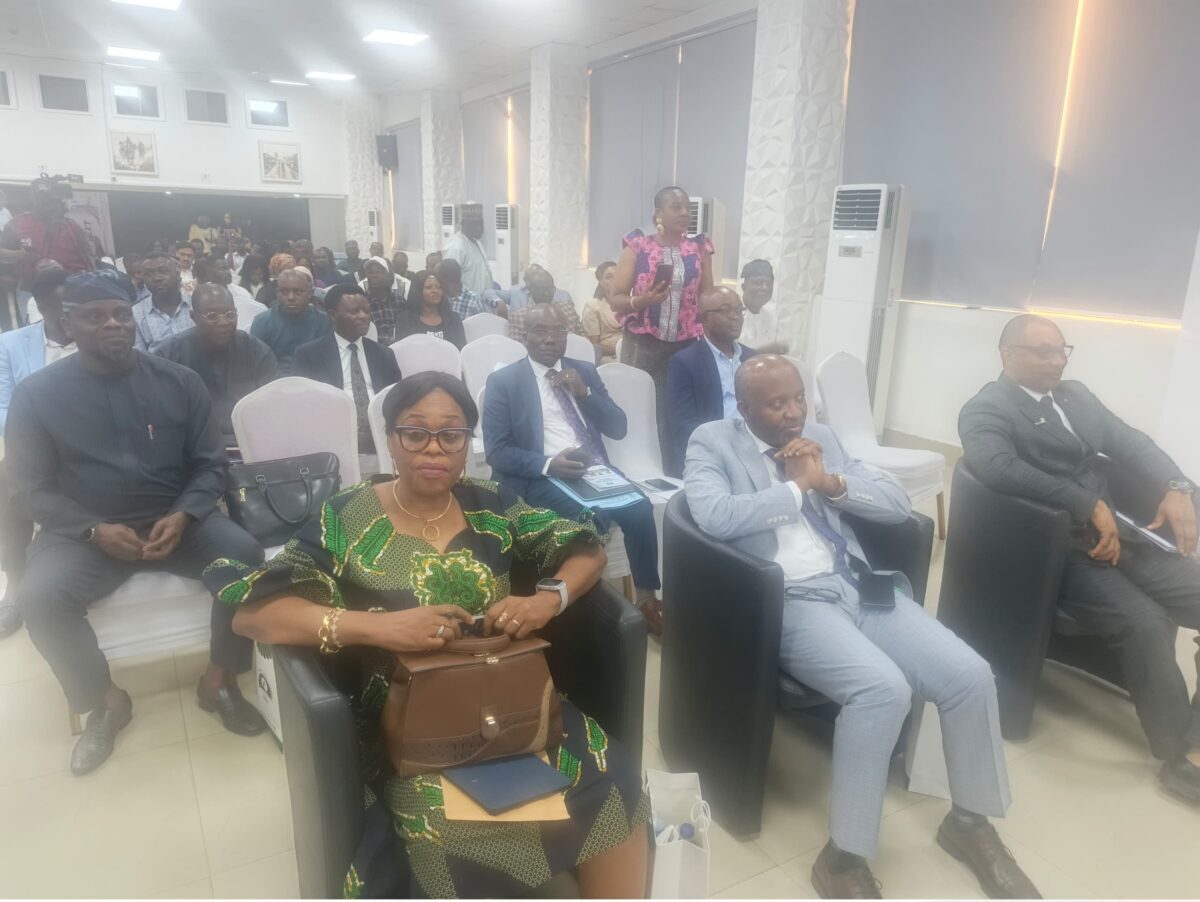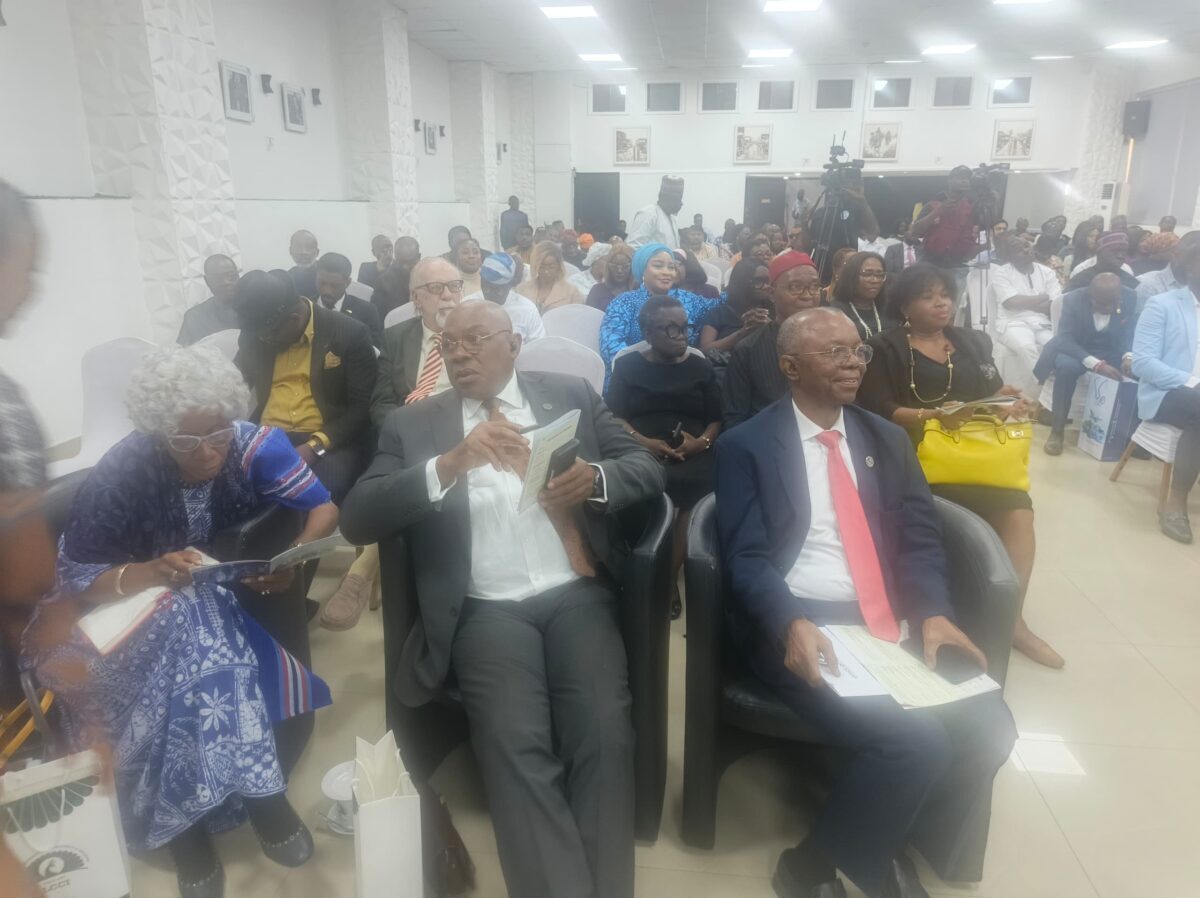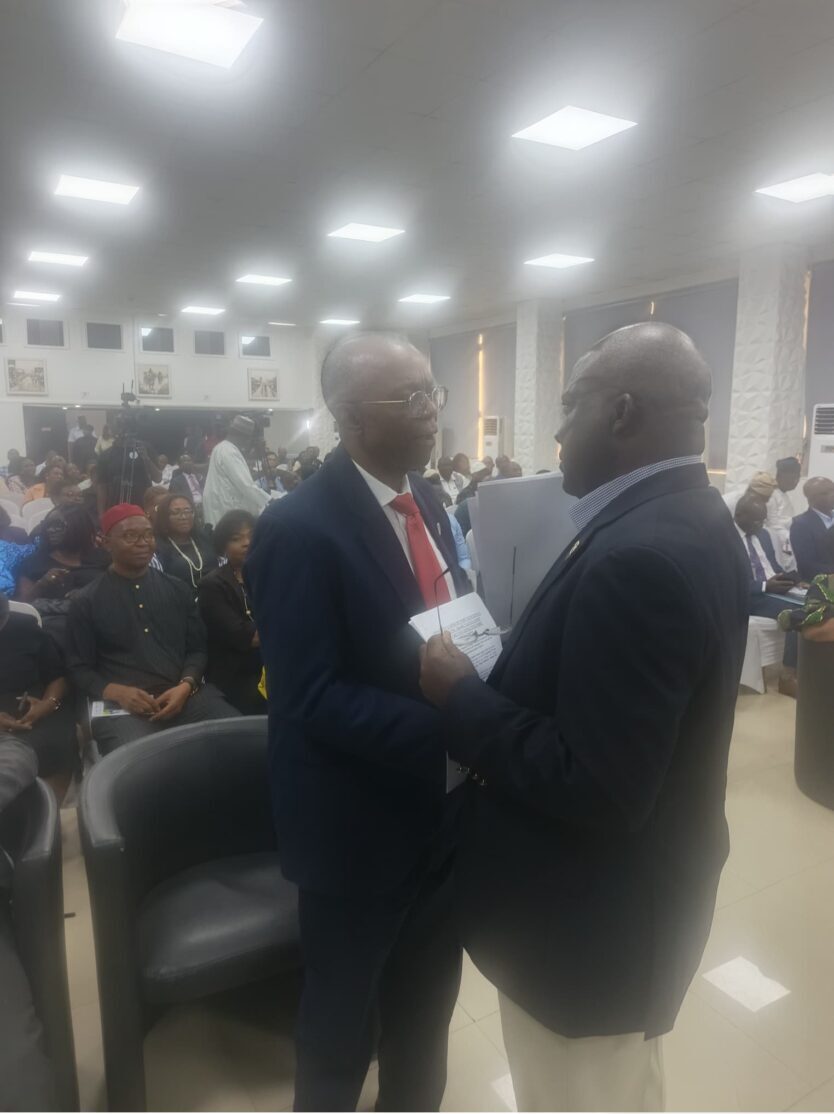
Stakeholders in the Nigerian maritime and trade sectors have revealed that inefficiencies in the country’s port operations cost the national economy over ₦2.5 trillion annually.
The revelation was made on Wednesday at the Lagos Chamber of Commerce and Industry (LCCI) Stakeholders’ Forum, with the theme “Improving Trade Facilitation Through Port Efficiency and Cost-Effectiveness.”
Speaking at the forum, President of LCCI, Mr. Gabriel Idahosa, described Nigeria’s ports as some of the costliest and least efficient in West Africa, a situation he said has far-reaching consequences on trade, investment, and the general cost of doing business in the country.
He noted that inefficiencies at the ports—ranging from congestion to poor infrastructure and lack of automation—have driven up operational costs and discouraged investment, especially at a time when Nigeria should be maximizing the opportunities under the African Continental Free Trade Area (AfCFTA).
“Doing business at Nigerian ports can be more expensive than in neighbouring countries with much smaller economies. These inefficiencies are estimated to cost Nigerian businesses about ₦2.5 trillion every year,” Idahosa said.
Chairman of the LCCI Public Affairs and Advocacy Committee, Sir Ladi Smith, decried the slow cargo clearance process in Nigerian ports, which he said averages 14 to 20 days, compared to under 24 hours in leading global ports such as Yokohama and Algeciras.
He attributed the delays to poor infrastructure, cumbersome customs procedures, and weak intermodal logistics, urging urgent reforms to improve competitiveness.

In a keynote address presented on behalf of the Executive Secretary of the Nigerian Shippers’ Council (NSC), Mrs. Magareth Ogbonna stressed that Nigeria’s port charges are 30 to 40 percent higher than the regional average.
She said the NSC is working on the development of a Port Pricing Index to increase transparency and benchmark cost-effectiveness, adding that dwell times of 18–20 days at Nigerian ports remain a major trade barrier.
“Trade facilitation thrives in an environment of transparency, predictability, and cost-efficiency. Our ports must reflect these values to remain competitive under AfCFTA,” she said.
Mrs. Ogbonna also disclosed that the Council is advocating for multimodal cargo evacuation, increased use of inland dry ports, and full implementation of the National Single Window to fast-track cargo processing and reduce dependence on road transportation.
On its part, the Nigerian Ports Authority (NPA), represented by General Manager Mr. Seyi Iyawe, said the agency has commenced port modernization projects across the Apapa and Tin Can corridors, including infrastructure upgrades and automation of terminal operations.

Iyawe stated that the NPA is collaborating with the International Maritime Organization (IMO) to implement a Port Community System, improve internet connectivity at the ports, and integrate security systems, noting that Nigeria currently enjoys a Level One ISPS rating.
“NPA is actively working to reposition Lagos ports as models of modern port efficiency. Actual construction under our port modernization program has started, and we are engaging all stakeholders in the process,” he said.
He also disclosed that export processing terminals (EPTs) have been established in Lagos to boost non-oil exports, while ongoing efforts aim to digitize export procedures to further reduce delays and human interference.
The forum identified poor coordination among port agencies, inconsistent regulations, corruption, and inadequate infrastructure as the major challenges facing Nigerian ports.















